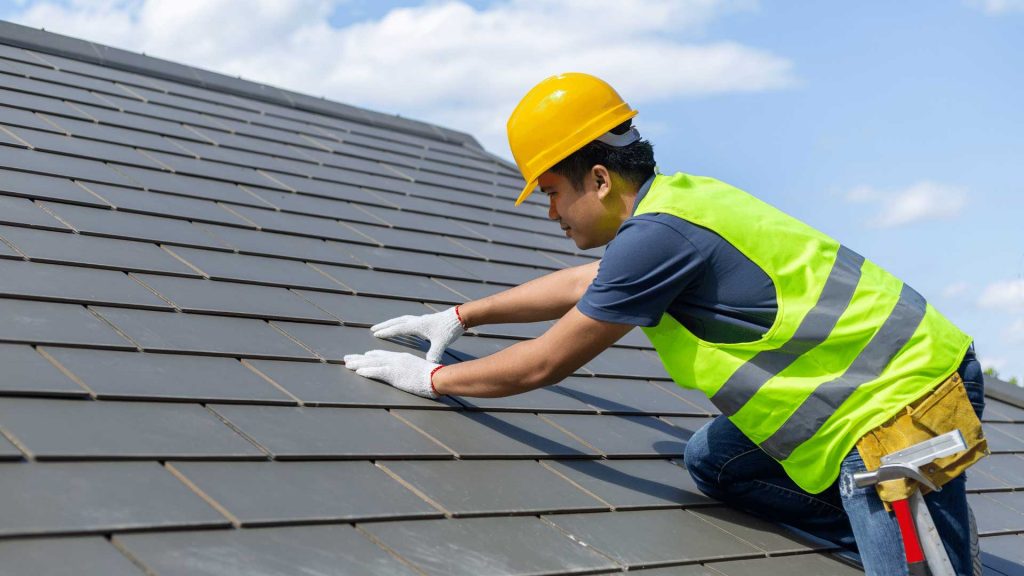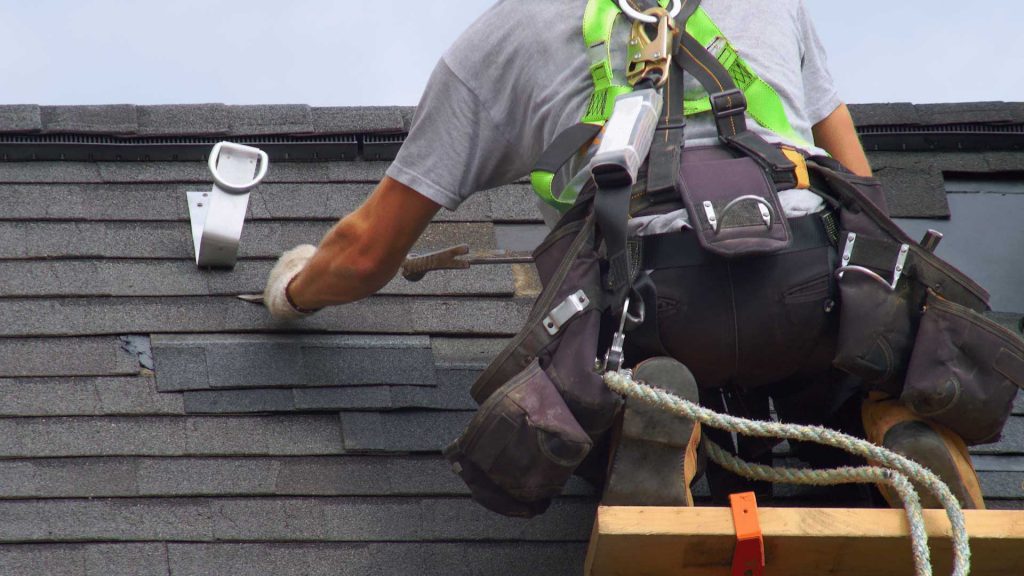The subject of roofing warranties can be confusing to homeowners, as it involves a variety of factors that must be taken into consideration before making an educated decision. This article seeks to clarify the terms and conditions contained in such contracts, by examining what is covered and not covered under most typical warranties.
It is important for readers to gain an understanding of their rights and responsibilities when deciding whether or not to accept a warranty, so they will have peace of mind knowing their investment is protected.
When considering any type of home improvement project, it is essential to understand how warranties work in order to make sure that all parties are aware of their obligations should something go wrong with the project. Knowing what types of coverage are included in a roofing warranty helps both homeowner and contractor alike ensure that the relevant risks associated with the job are minimized.
This article outlines those details, providing insight into what might be expected from a standard roofing agreement.
Types Of Warranties
When it comes to roofing warranties, there are several types that may be available depending on the contractor. Contractors typically offer both basic and extended warranties with various levels of coverage and varying costs involved.
The most common type of warranty is a materials warranty which covers any defects or damage caused by faulty materials used in the construction process. The length and scope of this type of warranty will vary depending on what was agreed upon between the homeowner and contractor at the time of installation.
Another type of roofing warranty is an inspection requirement which requires regular inspections to ensure that all components remain structurally sound over time. This type of warranty can help protect homeowners from costly repairs if something goes wrong during the life-span of their roof. It also ensures that any potential problems are identified before they become more serious issues requiring more expensive solutions.

Coverage Period
The coverage period of a roofing warranty is an important factor to consider when selecting the right policy for your needs.
Generally, these warranties will be divided into two sections: labor costs and material costs. Labor cost coverages usually range from one year up to ten years, depending on the type of warranty purchased.
Materials costs are covered by a manufacturer’s warranty and can last up to twenty-five years or more, although this may vary according to the specific product being used.
When purchasing a roofing warranty, it is important to understand what types of repairs are included in the coverage as well as any exclusions that might apply.
It is also essential to compare different policies and make sure you select a plan that offers adequate protection at an affordable price.
Costs breakdowns should always be closely examined so that you know exactly how much money you’ll be spending out-of-pocket before making a purchase decision.
With careful consideration of all factors related to roofing warranties, homeowners can ensure they receive the best possible value for their investment in terms of both quality assurance and financial security.
Materials And Labor Covered
A roofing warranty can cover materials and labor costs associated with repairs or replacements necessary to maintain the integrity of the roof.
The warranty will specify what is covered, as well as any maintenance requirements that must be met in order to keep coverage valid.
Generally, warranties are limited to one year for labor and up to 25 years for materials; however, this varies from company to company.
The cost of a warranty typically depends on several factors such as the type and age of the roof, local climate conditions, and the size of the structure being covered.
It may also include additional protection against future damage caused by storms or other environmental events.
Limitations And Exclusions
It is important to understand the limitations and exclusions of a roofing warranty in order to protect your investment.
Commonly, warranties exclude all costs involved with labor, materials or products used in repairs. They are also typically limited to coverage for manufacturer defects only and do not include any damage caused by weather conditions such as hail, wind or rain.
Additionally, most warranties have specific requirements regarding installation that must be followed in order for them to remain valid.
When purchasing a roofing warranty, it is essential to read through the fine print carefully in order to ensure you are adequately covered from common problems with roofs. This includes understanding what types of damages may occur due to normal wear and tear versus those caused by weather events which are often excluded from many warranties.
Transferability Of The Warranty
The transferability of roofing warranties is an important consideration when purchasing a warranty.
In most cases, the original purchaser may be able to transfer the warranty to another homeowner if they decide to sell their home.
However, some manufacturers impose certain registration requirements in order for this transfer to take place.
Additionally, there may be costs associated with transferring the warranty from one owner to another that must be taken into account by both parties involved in the sale or purchase of a property.
When transferring a roofing warranty, it is important for both buyers and sellers alike to understand all of the terms involved as well as any related fees or other charges.
Manufacturer Vs. Contractor Warranties
When it comes to roofing warranties, there are two different types of warranty that need to be considered: manufacturer and contractor. These two entities can provide very different levels of coverage for a homeowner depending on their individual circumstances, so homeowners should understand the differences between them before proceeding with any repairs or replacements.
The cost difference between these two warranties is one of the most notable distinctions. Manufacturer warranties tend to be more expensive than those offered by contractors as they come from large companies who have devoted resources towards making sure their products meet certain standards.
On the other hand, contractor warranties often rely solely on customer service and may not feature as much coverage in case something goes wrong. Customer service also tends to vary greatly between manufacturers and contractors; while some companies take great pride in providing excellent customer support, others do not offer sufficient assistance when problems arise.

Filing A Claim
Filing a claim can be an intimidating and sometimes confusing process, but there are steps that homeowners should take in order to protect their investment.
To begin with, the homeowner should contact the roofing contractor who completed the installation of the roof within their warranty period as soon as they notice any signs of damage or failure. This should include details about what has been noticed, when it was first observed, and if possible provide evidence such as photographs.
The contractor will then help guide the homeowner through the claim processing procedure.
The next step is for a qualified inspector from either the manufacturer or installer’s company to inspect and review the issue. Depending on the findings of this inspection, repair costs may be covered under certain conditions by the installer or manufacturer according to their specific warranty terms and conditions.
Homeowners should always keep in mind that filing a claim cannot guarantee that all expenses associated with repairs caused by normal wear-and-tear will be reimbursed, and thus should ensure they know exactly how much coverage they have prior to submitting a claim.
Conclusion
The understanding of roofing warranties is critical to ensuring the protection of a homeowner’s assets.
It is important that homeowners are aware of what coverage periods, materials and labor covered, limitations and exclusions, transferability and filing a claim entails before making any decisions regarding their warranty.
With knowledge on these components, homeowners can make an informed decision about which type of warranty best fits their needs in order to protect both themselves and their investments for years to come.
Ultimately, by researching the terms and conditions of a roofing warranty prior to signing any contracts or agreements with manufacturers or contractors, homeowners will be able to safeguard against unexpected issues related to their roofs in the future.
